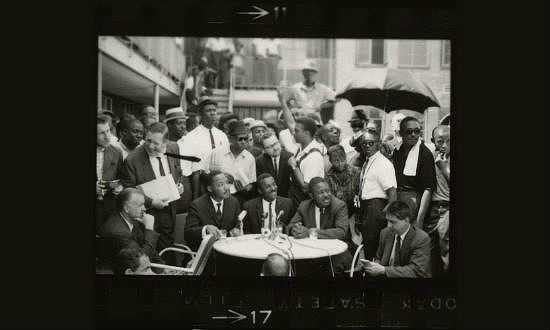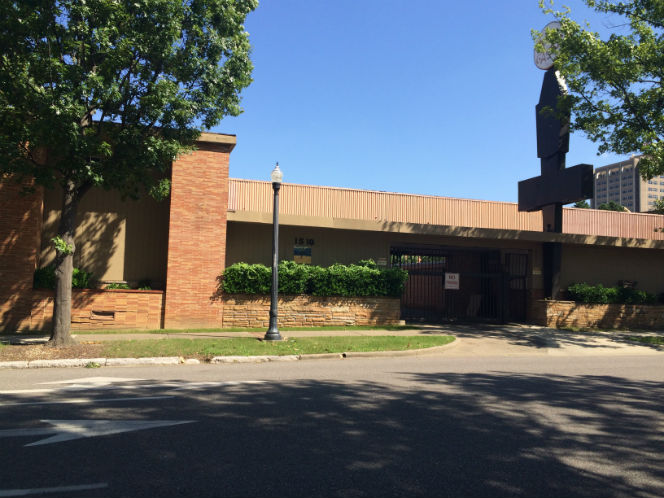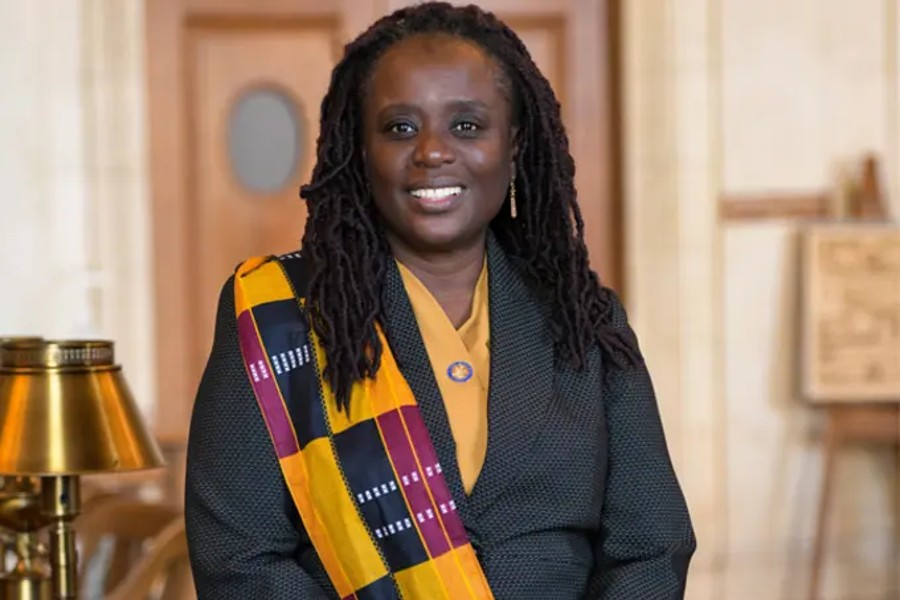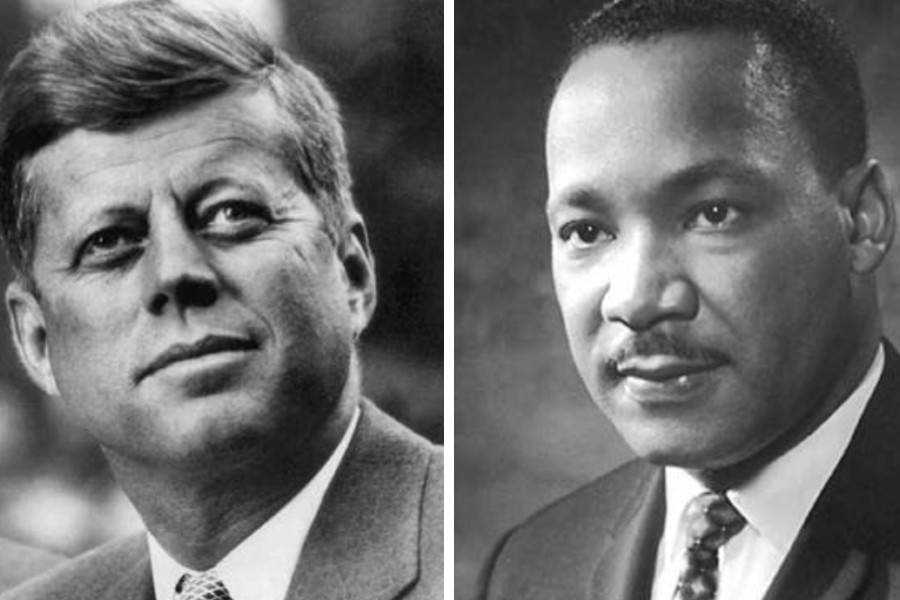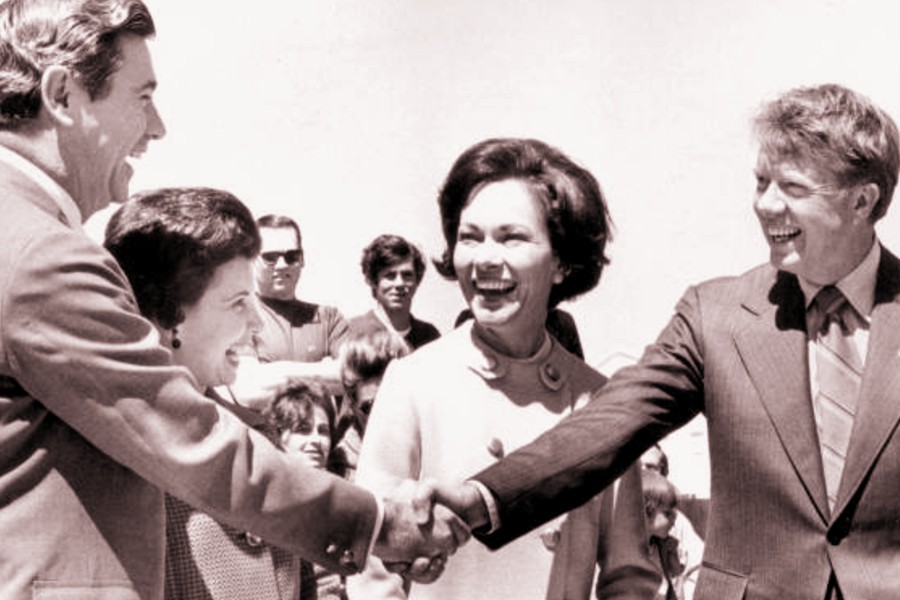By Souleo
This year’s list of America’s 11 Most Endangered Historic Places, compiled by the National Trust for Historic Preservation, includes a popular disco in the LGBT community, Miami’s Little Havana, and Rev. Dr. Martin Luther King Jr.’s “war room,” housed inside of the A.G. Gaston Motel in Birmingham, AL.
Each site is vulnerable to destruction, severe damage, or culturally insensitive development changes. But spotlighting the motel holds an arguable special significance during today’s climate of racial unrest from the killing of nine people at a historic black church in Charleston, SC to viral videos of police brutality.
In room 30 of the two-story motel is where Dr. King strategized with fellow civil rights leaders during the height of the movement in the early to mid-1960s to challenge racial and social injustice. The Gaston Motel, which was built in 1954 by Arthur George (A.G.) Gaston has faced the possibility of annihilation in the past. In 1963 the motel was bombed in what many believed to be a targeted attack aimed at Dr. King’s room. In 1986 the structure closed, after being converted into a senior apartment building. Presently it is vacant and displays noticeable signs of neglect and disrepair.
The city of Birmingham, which owns the building, appears to finally be on a path of restoration. To do so they’ve partnered with the National Trust for a two-year plan to improve the site. The Birmingham City Council has earmarked $1 million for restoration. Construction and rehabilitation is slated to begin later this year with discussions already being held around how to reuse the building to maximize its economic and social impact.
Stephanie Meeks, president of the National Trust and William A. Bell, the mayor of Birmingham answered a few questions via email about their vision for the motel, the commitment level of the city to the project, and the significance of the “war room” for today’s generation.
How will your plans to build the Freedom Center impact the restoration and role of the Gaston Motel in the Civil Rights District of Birmingham?
Mayor William A. Bell: The A.G. Gaston Motel is located adjacent to property that will be the site of the new Freedom Center, a center for change and public policy, where students, scholars, historians, and opinion leaders can come to collaborate on human rights issues locally, nationally and internationally. The properties are also adjacent to the historic 16th Street Baptist Church, Birmingham Civil Rights Institute and Kelly Ingram Park, where many peaceful protests took place. When visiting the district, there is a street level view of the struggle and what it meant. Four little girls lost their lives less than a block away. You can sense the pain and injustice and loss. Our hope is that a visit to the A. G. Gaston and the Freedom Center will allow citizens today to see the global landscape is changing and motivate each visitor to do their part to make a difference.
The city has been accused of prolonging the process. How have attitudes and policies shifted today to ensure there is action in restoring the motel?
Mayor William A. Bell: Previously, the city was unsure of how to handle her history. Be ashamed? Be mad? We decided to be proud of just how far we had come while keeping a keen sense of how far society still has to go. Our goal is to have the proper items in place to complete the project and devote resources that are worthy of the significant and world altering events that took place here. What happened in Birmingham broke the back of segregation in this city and that effort spread throughout the state. The A.G. Gaston is an integral part of that story.
Does preserving the “war room” hold greater significance today in light of the issues surrounding race that are prevalent in the news?
Stephanie Meeks: As the National Trust for Historic Preservation, telling the full American story, including its complex and difficult chapters, is our job. In the case of the Gaston Motel, I think it’s important to realize that this place is where ordinary Americans came together to make us a better nation. They witnessed injustice and organized racism in Alabama, and worked to defeat it through love, non- violence, and organized community action – bringing people of all races together and bridging understanding. I think that story is very inspiring, and should be told, honored, and remembered.
Mayor William A. Bell: This room hosted plans for the Selma to Montgomery march, as well as the March on Washington, and is very much the heart of planning peaceful protests, as we continue to see throughout the world. As we have seen, the struggle for civil and human rights continues daily and the Freedom Center will be the place in the South to continue the work with the A.G. Gaston Motel standing as a reminder of the men and women that devoted their time, blood, sweat and tears to making a difference.
[This interview has been edited and condensed for clarity]
The weekly column, On the “A” w/Souleo, covers the intersection of the arts, culture entertainment and philanthropy in Harlem and beyond and is written by Souleo, founder and president of event/media content production company, Souleo Enterprises, LLC.
Become a Harlem Insider!
By submitting this form, you are consenting to receive marketing emails from: . You can revoke your consent to receive emails at any time by using the SafeUnsubscribe® link, found at the bottom of every email. Emails are serviced by Constant Contact


